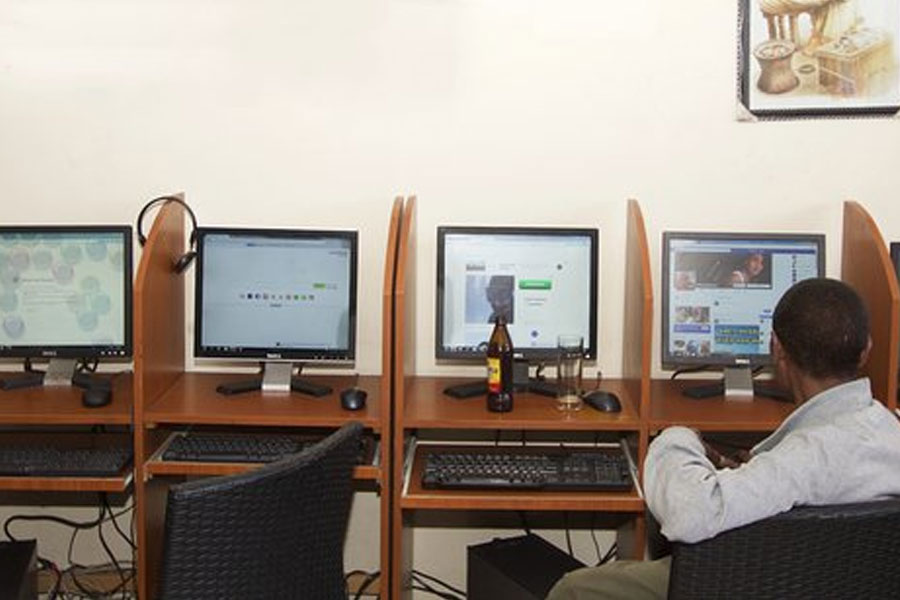
Radar | Jan 16,2024
Imported complete knocked-down and semi knocked-down industrial inputs will not be getting a special privilege beginning this November, according to the revised customs tariff issued by the Ministry of Finance.
Issued in mid-July 2019, the revised customs tariff has removed the privileges of complete knocked-down inputs (imported products with parts that have been partly put together and then complete their assembly locally) and complete knocked-down inputs (products that arrive unassembled and are entirely assembled in the country).
In the past, these industrial raw materials have been imported either with reduced customs or duty-free tariffs.
These raw materials were classified under the second schedule of the tariff, which is applicable for items privileged to be imported with zero duty or reduced duty. However, the new revision classified the items under the first schedule, which treats them with at basic tariff rates.
With the previous system, manufacturers were getting preferential treatment to import inputs and raw materials for their respective final products. The government has been giving tax privileges for semi and fully disassembled items with the main aim of encouraging local assembly.
“Until the Ethiopian Investment Commission and the Ministry of Trade & Industry prepare classifications [for] these raw materials,” reads a letter signed by Ahmed Shide, the minister of Finance, “the items will be treated with the second schedule for three months.”
The revision on the customs tariff came into effect in line with the harmonised system [internationally standardized system of names and numbers to classify traded products] that was revised in 2017, according to Ahmed’s letter.
“Since Ethiopia is a signatory of the International Convention on the Harmonized Commodity Description and Coding System,” reads the letter, “it is expected to revise the customs tariff.”
The eighth round revision of the tariff arrived with the main aim of increasing revenue from taxes and duties and clarifying some ambiguities that have been seen in the former tariff book. While the Council of Ministers is mandated to issue the customs tariffs, the Ministry of Finance has been delegated to revise the tariffs.
During the recently started fiscal year, the government targets to generate 253 billion Br from domestic tax revenues to cover 65pc of the federal budget. During the past fiscal year, the Ministry of Revenues collected 197.2 billion Br from domestic taxes out of the planned 235.7 billion Br, which is 83.7pc of the target.
The tariff has two schedules classified for the purpose of determining the applicable tax rates. The first schedule encompasses raw materials, semi-finished goods and import items for public use.
The second schedule was granted as a special privilege to business organisations involved in activities such as manufacturing.
There are six duty tax rates ranging from zero percent to 35pc, which are applicable based on the type of good imported. Variation of duty tax rates is made with the intention of encouraging the importation of some goods by imposing the zero tax rate and at the same time to discourage importation of selected goods by imposing a higher tax rate.
Ahmed Shide, the minister of Finance
PUBLISHED ON
Aug 24,2019 [ VOL
20 , NO
1008]

Fortune News | Oct 09,2021

Fortune News | Mar 26,2022

Radar | Aug 16,2020

Radar | Nov 11,2023

Fortune News | May 28,2022

Dec 22 , 2024 . By TIZITA SHEWAFERAW
Charged with transforming colossal state-owned enterprises into modern and competitiv...

Aug 18 , 2024 . By AKSAH ITALO
Although predictable Yonas Zerihun's job in the ride-hailing service is not immune to...

Jul 28 , 2024 . By TIZITA SHEWAFERAW
Unhabitual, perhaps too many, Samuel Gebreyohannes, 38, used to occasionally enjoy a couple of beers at breakfast. However, he recently swit...

Jul 13 , 2024 . By AKSAH ITALO
Investors who rely on tractors, trucks, and field vehicles for commuting, transporting commodities, and f...

Jul 12 , 2025
Political leaders and their policy advisors often promise great leaps forward, yet th...

Jul 5 , 2025
Six years ago, Ethiopia was the darling of international liberal commentators. A year...

Jun 28 , 2025
Meseret Damtie, the assertive auditor general, has never been shy about naming names...

Jun 21 , 2025
A well-worn adage says, “Budget is not destiny, but it is direction.” Examining t...